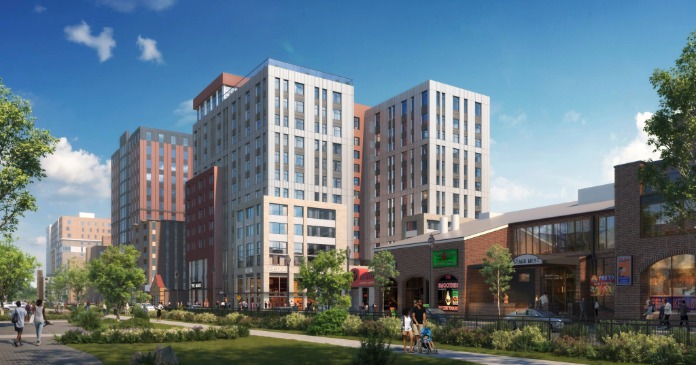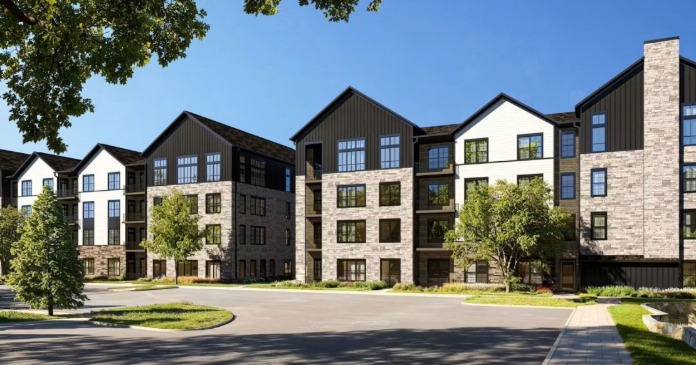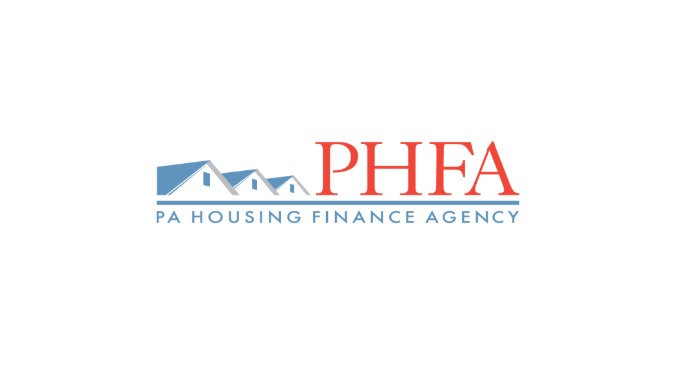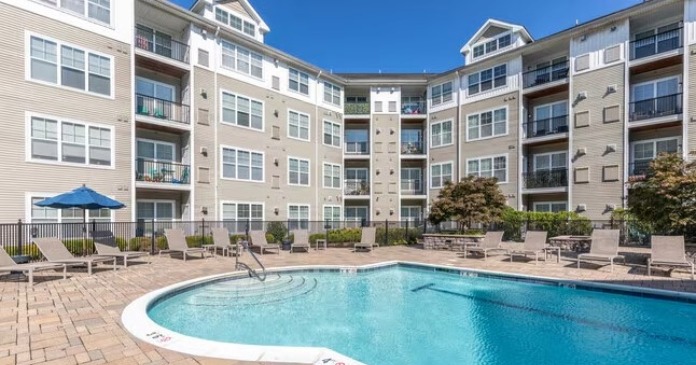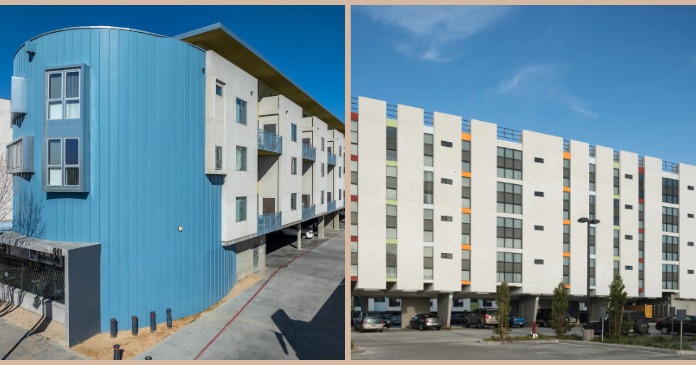
Chicago contractor ENC Construction & Development recently broke ground on the first phase of the $430 million Colman Yards development in Rockford, Illinois, for Milwaukee-based developer J. Jeffers & Co.
The project team will redevelop 10 buildings on the 26-acre campus, all erected between 1907 and 1948, according to the City of Rockford’s website. Formerly known as the Barber Colman Campus, the development group will also create 73 new townhomes, four mixed-use buildings, two parking garages and 43 “three-flats,” or three apartment units stacked in a single building.
The $100 million Phase 1A, expected to be complete in late 2024, includes the renovation of three existing buildings into 215 apartments, a roof deck, co-working space and the creation of a parking garage with 336 spaces, according to the Rockford City Council.
Phase 1B, which is scheduled to begin in January 2025 and cost $70 million, includes the rehabilitation of all of the remaining historic buildings. When complete, it will house an additional 119 apartments, as well as space for a restaurant, events and other retail.
Phase 2 consists of new construction on the remainder of the property and will be completed in multiple phases. The timing of these phases is dependent on market factors, the release said. It will include new construction and parking, as well as 43 three-flats and 74 townhomes.
Jeffers claims the project will create a total of 400 full-time equivalent construction jobs, according to the project’s website. In addition, all the employed builders will be Illinois contractors, who are subject to prevailing wage laws.
The project will be financed through a mix of public and private funding, including River Edge Historic tax credits, which provide state income-tax credits equal to 25% of a project’s qualified expenditures to owners of historic properties, according to the state. Additional funds come from revolving loan funds, according to the city.




